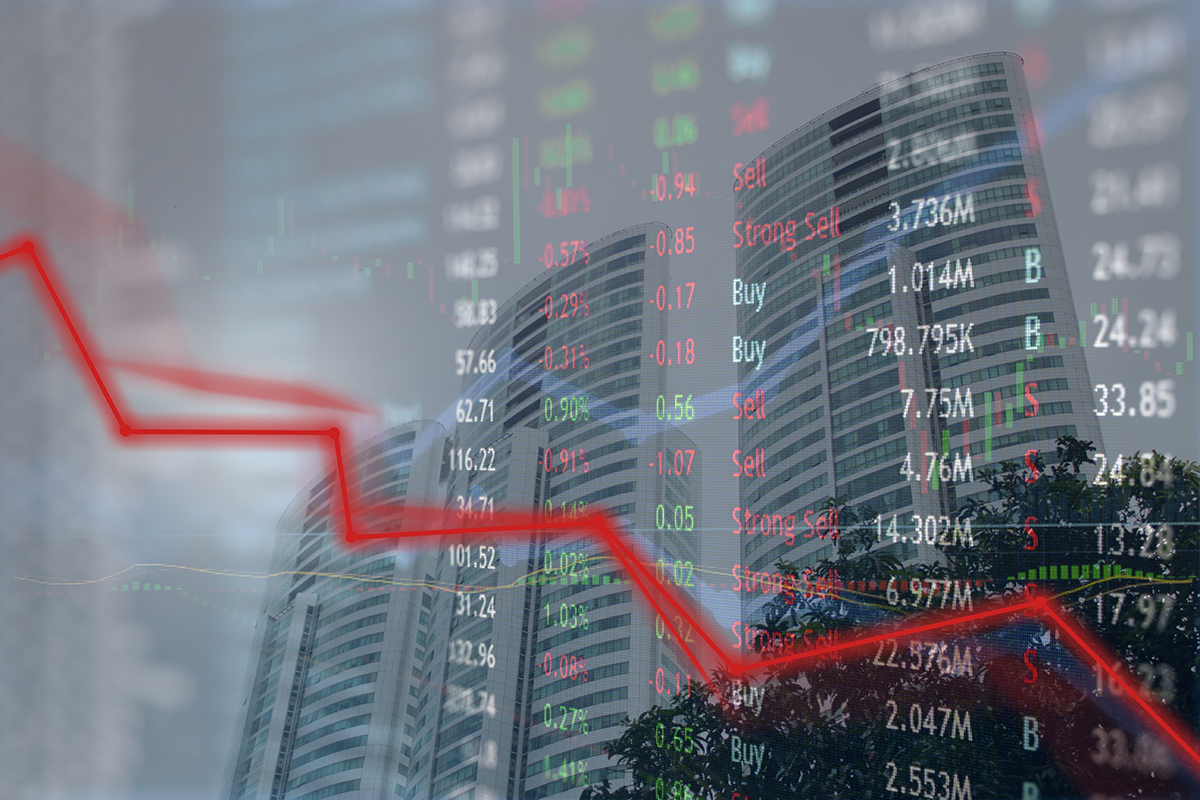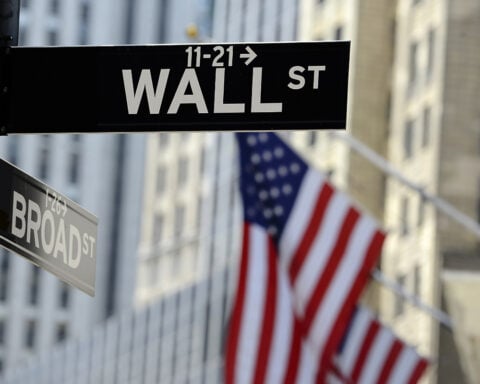Global equity markets fell, echoing Wall Street’s previous downturn, as a meeting between the United States’ top diplomat and China’s leader failed to display signs of resolution concerning various conflicts.
London and Paris began the day with decreased market values, while marketplaces in Shanghai, Tokyo, and Hong Kong also receded. The U.S. markets remained closed for a holiday, and oil prices saw a drop.
Friday saw Wall Street’s main S&P 500 index reduce by 0.4% after the Federal Reserve maintained its principal lending rate, albeit warning of potential future hikes if required to temper inflation.
China’s leader, Xi Jinping, met with Secretary of State Antony Blinken following what the Chinese government described as comprehensive and forthright discussions with foreign affairs officials during decade-low relations. A mutual willingness to address significant issues was expressed.
“Whether this will result in tangible positive outcomes remains to be seen,” IG’s Yeap Jun Rong stated in a report. “Any lack of action could still see budding optimism eventually fade.”
The early market activity saw London’s FTSE 100 down by 0.4% at 7,608.25. Frankfurt’s DAX fell 0.6% to 16,268.19, and the CAC 40 in Paris dropped 0.5% to 7,345.33.
The S&P 500 and Dow Jones Industrial Average futures were down marginally on Wall Street.
The Dow Jones decreased by 0.3% on Friday, and the Nasdaq composite fell by 0.7%.
The S&P 500 remains close to a 14-month high, having grown 15% this year.
Following the meeting between Xi and Blinken, the Shanghai Composite Index fell 0.5% to 3,255.80.
Xi’s statement post the meeting mentioned a mutual agreement “to follow through the common understandings” reached during his meeting with President Joe Biden in December in Indonesia. However, it offered no insight into any progress on the disagreements over Taiwan, human rights, technology, and security that have strained relations and affected trade in semiconductors and other goods.
Tokyo’s Nikkei 225 fell by 1% to 33,370.42, and Hong Kong’s Hang Seng dropped 0.6% to 19,912.89.
Seoul’s Kospi declined 0.6% to 2,609.50, while Sydney’s S&P-ASX 200 rose 0.6% to 7,294.90.
India’s Sensex fell 0.3% to 63,224.32, with New Zealand and Southeast Asian markets also experiencing a downturn.
Last week, the Federal Reserve maintained its benchmark lending rate, marking the first time in 10 consecutive monthly meetings that it didn’t announce an increase.
However, the Fed hinted that it could hike rates twice more this year. Wall Street expects a rate increase at the next July 25-26 meeting.
A survey released Friday indicated that U.S. consumers are reducing their inflation expectations. The preliminary findings from the University of Michigan survey also suggested a stronger-than-expected rise in consumer sentiment.
In energy markets, the benchmark U.S. crude fell 16 cents to $71.77 per barrel in electronic New York Mercantile Exchange electronic trading. It rose $1.16 on Friday to $71.78. Brent crude, used as a pricing reference for international oil trading, dropped 17 cents to $76.44 per barrel in London after a 94-cent increase in the previous session to $76.61.
The dollar increased to 141.89 yen from Friday’s 141.80 yen. The euro fell to $1.0921 from $1.0943.
Global markets are experiencing volatility amidst the uncertainties of U.S-China relations, and major world economies are closely monitoring the outcome of these discussions. While there’s a mild decrease in consumers’ inflation expectations, Wall Street is prepared for a potential rate hike at the Fed’s next meeting. Future trading sessions will likely continue to be influenced by these geopolitical factors, announcements from central banks, and fluctuations in commodity prices.







